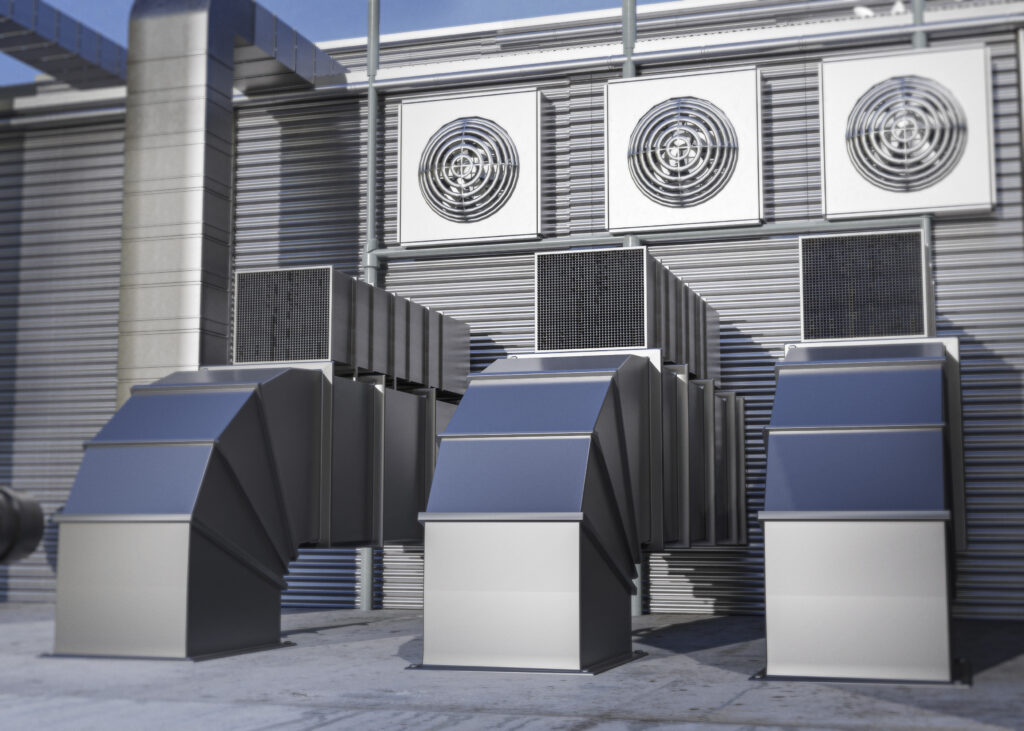When it comes to modern living and working spaces, few things are as integral to our comfort as HVAC systems. These unsung heroes work tirelessly behind the scenes, providing us with the perfect indoor environment, regardless of the season. In this blog post, we’ll take a closer look at HVAC systems, how they work, and why they are so crucial to our daily lives.

What is HVAC?
HVAC stands for Heating, Ventilation, and Air Conditioning. This acronym encompasses the three fundamental functions that these systems perform:
- Heating: During the cold winter months, HVAC systems keep us warm and toasty. Whether it’s a furnace, boiler, or heat pump, these systems generate heat to maintain comfortable indoor temperatures.
- Ventilation: Proper ventilation is essential for maintaining good indoor air quality. HVAC systems circulate fresh air while removing stale or polluted air. This process not only helps with temperature control but also ensures the air we breathe is clean and healthy.
- Air Conditioning: When summer rolls around, HVAC systems switch gears to cool indoor spaces. Air conditioning units or central cooling systems remove heat from the air, creating a refreshing escape from the scorching heat.
How Do HVAC Systems Work?
HVAC systems are intricate networks of components that work together to regulate temperature, humidity, and air quality. Here’s a simplified overview of how they function:
- Thermostat Control: The heart of the system is often the thermostat. It senses the indoor temperature and communicates with the HVAC unit to adjust heating or cooling as needed.
- Air Handling Unit: This component contains the fan that circulates air through the system. It also houses the filter, which helps remove dust and contaminants from the air.
- Heating or Cooling Source: Depending on the season and the design of the system, this could be a furnace, boiler, heat pump, or air conditioner. These devices generate or remove heat as required.
- Ductwork: A network of ducts distributes conditioned air throughout the building. Properly designed ductwork ensures even heating and cooling in every room.
- Ventilation System: This part of the HVAC system brings in fresh outdoor air while expelling indoor air. It can include heat recovery systems to maximize energy efficiency.
Why Are HVAC Systems So Important?
- Comfort: HVAC systems provide year-round comfort, making our homes and workplaces pleasant places to be, regardless of the weather outside.
- Health: Proper ventilation ensures indoor air quality, reducing the risk of allergens, pollutants, and indoor humidity-related issues.
- Energy Efficiency: Modern HVAC systems are designed to be energy-efficient, which not only lowers energy bills but also reduces our environmental footprint.
- Productivity: In commercial settings, a comfortable indoor environment enhances productivity and employee well-being.
Maintenance and Efficiency
To keep your HVAC system running smoothly, regular maintenance is crucial. Change filters, clean ducts, and schedule professional inspections to catch issues early and maintain efficiency.
In conclusion, HVAC systems are the backbone of our indoor environments. They ensure our comfort, health, and productivity year-round. Understanding how these systems work and caring for them properly can make a significant difference in our quality of life.
If you have any questions about HVAC systems or need assistance with maintenance and repairs, don’t hesitate to reach out to US (supertech)
; After all, a well-maintained HVAC system is the key to a comfortable and healthy indoor space.
